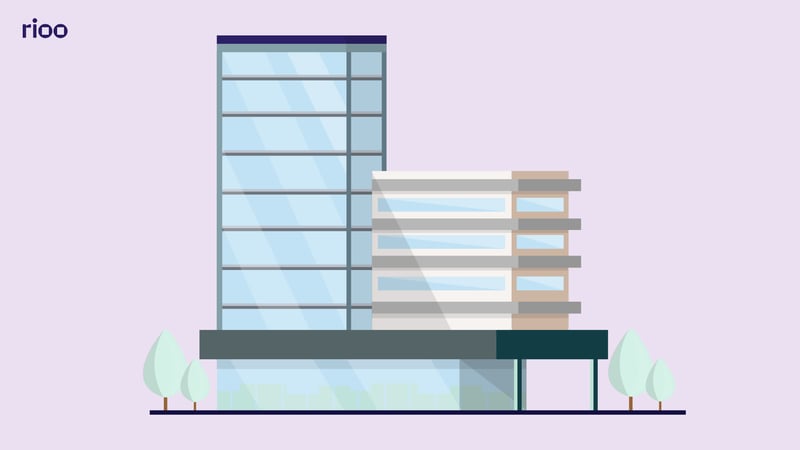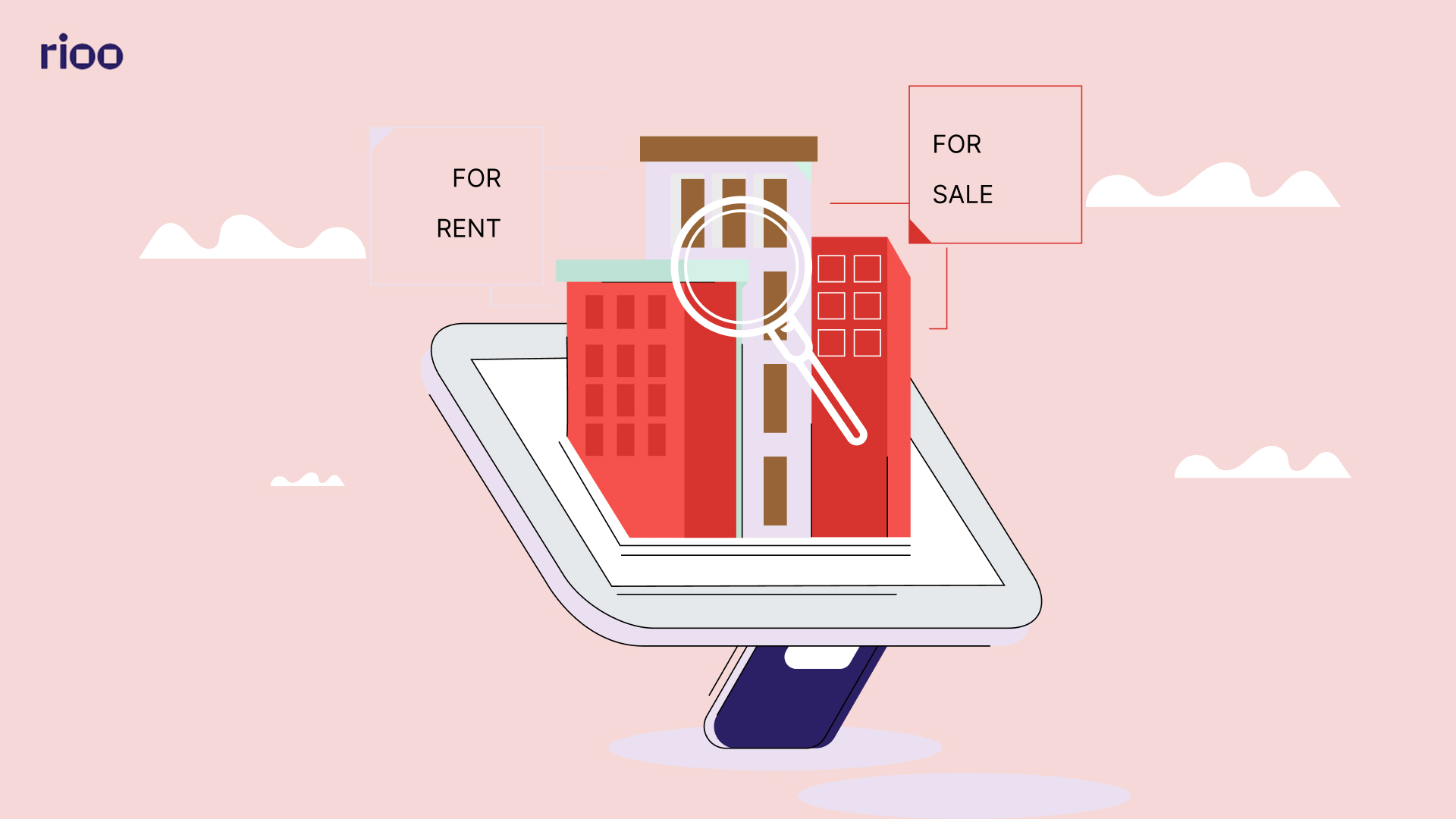In the wake of increasing environmental concerns and the imperative to reduce our carbon footprint, the pursuit of sustainability has become a paramount consideration in property management. Multi-family properties, with their large-scale impact on energy consumption, waste generation, and resource utilization, hold a pivotal role in the quest for eco-friendly living. This blog explores the significance of sustainable practices in multi-family properties, delving into energy efficiency, waste reduction, water conservation, and community engagement strategies
The Importance of Sustainability in Property Management
In today’s rapidly evolving landscape, sustainability has become a key priority for property managers and residents alike. With growing concerns about environmental degradation and climate change, there is a pressing need to adopt eco-friendly practices that minimize our carbon footprint and promote a more sustainable way of living. Multi-family properties, in particular, have a significant role to play in this endeavor, given their large-scale impact on energy consumption, waste generation, and resource utilization. By implementing sustainable initiatives and embracing green technologies, property managers can not only reduce operating costs but also enhance the quality of life for residents and contribute to a healthier planet.
Energy Efficiency and Conservation Measures
One of the most effective ways to promote sustainability in multi-family properties is through energy efficiency and conservation measures. This can include upgrading to energy-efficient appliances, installing LED lighting, and implementing smart thermostats and heating systems. Additionally, property managers can conduct energy audits to identify areas of inefficiency and implement targeted improvements. By reducing energy consumption, not only can property managers lower utility bills for residents, but they can also minimize their property’s environmental impact and contribute to overall energy conservation efforts. Moreover, encouraging residents to adopt energy-saving habits, such as turning off lights and unplugging electronics when not in use, can further amplify the benefits of these initiatives.
Waste Reduction and Recycling Programs
Another essential aspect of sustainable property management is waste reduction and recycling programs. Property managers can implement comprehensive recycling systems, providing residents with convenient access to recycling bins and educating them about proper waste disposal practices. Additionally, composting programs can be established to divert organic waste from landfills and promote soil health. By reducing the amount of waste sent to landfills, multi-family properties can minimize their environmental footprint and conserve valuable resources. Furthermore, engaging residents in waste reduction initiatives fosters a sense of environmental stewardship and encourages sustainable behaviors, contributing to a culture of sustainability within the community.
Water Conservation Strategies
Water conservation is a critical component of sustainable property management, particularly in regions prone to water scarcity or drought. Property managers can implement water-saving fixtures and appliances, such as low-flow toilets, faucets, and showerheads, to reduce water consumption without sacrificing performance. Additionally, landscaping practices can be optimized to minimize water usage, such as xeriscaping with drought-tolerant plants and utilizing efficient irrigation systems. By prioritizing water conservation efforts, multi-family properties can not only reduce their environmental impact but also lower utility costs and enhance the resilience of their communities in the face of water shortages and climate change.
Community Engagement and Education
Finally, fostering community engagement and education is essential for promoting sustainable living in multi-family properties. Property managers can organize workshops, events, and educational campaigns to raise awareness about sustainability issues and empower residents to adopt eco-friendly practices in their daily lives. Additionally, creating community spaces, such as rooftop gardens or shared composting areas, can facilitate interaction and collaboration among residents, further reinforcing a sense of environmental responsibility and collective action. By building a culture of sustainability within the community, multi-family properties can inspire positive change and contribute to a more sustainable future for generations to come.














